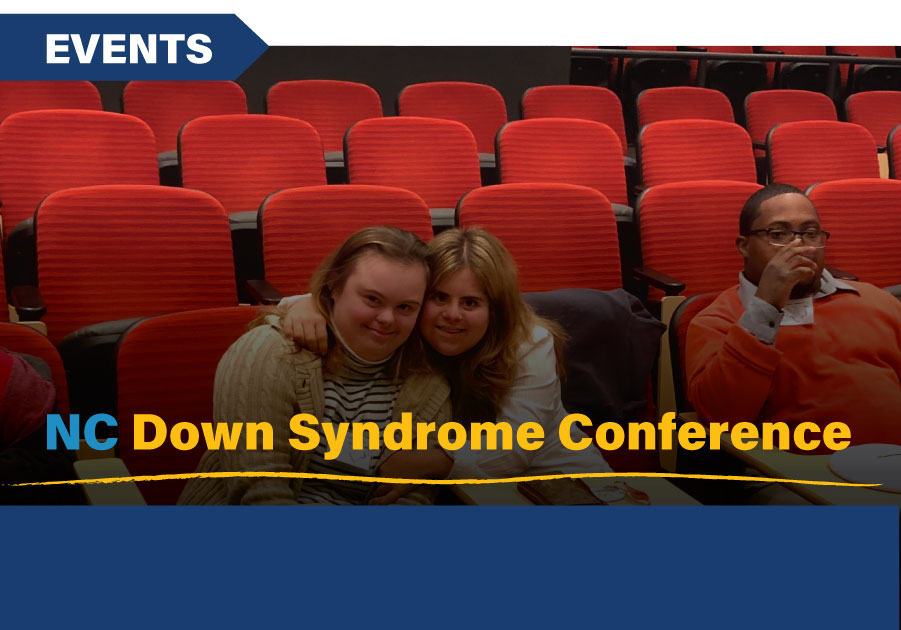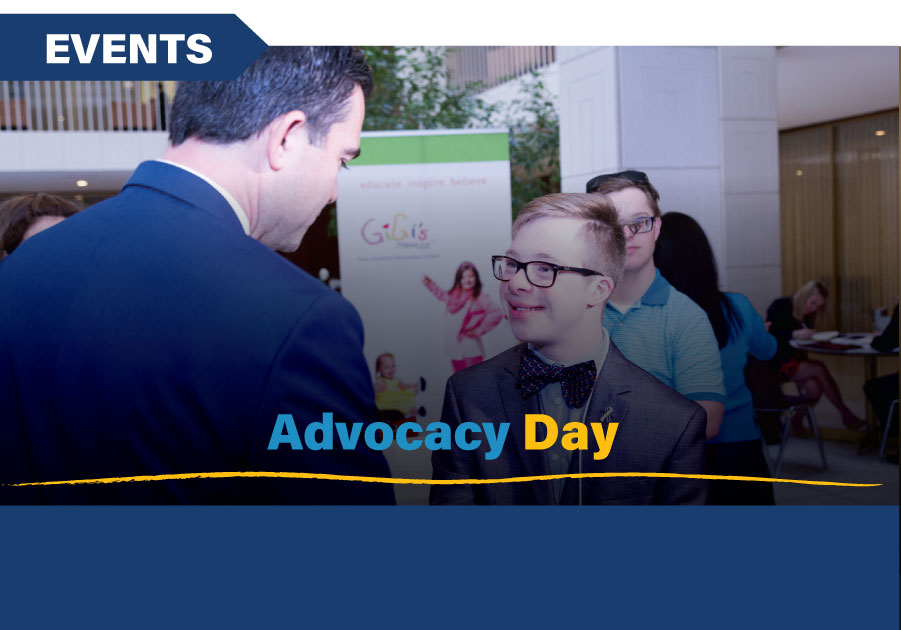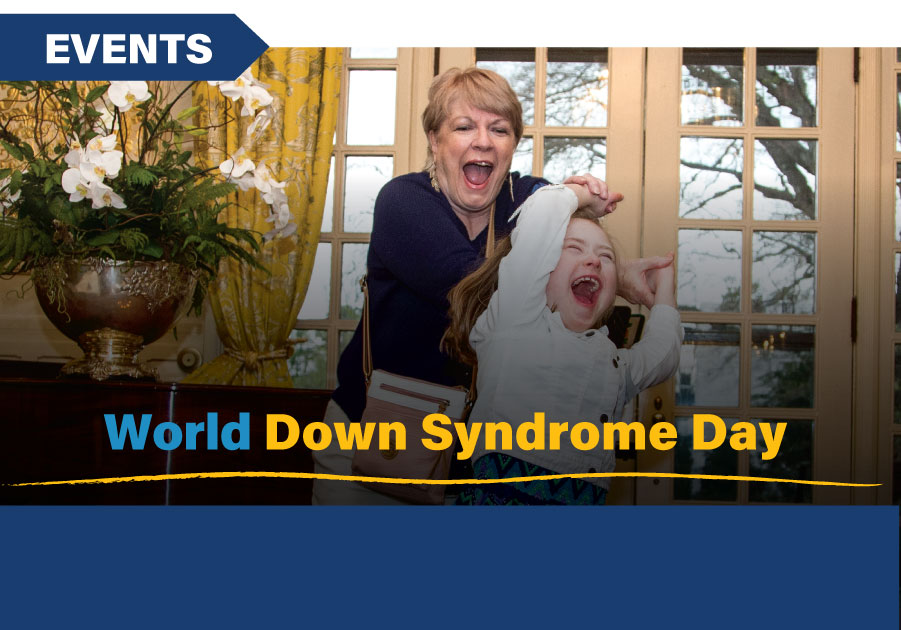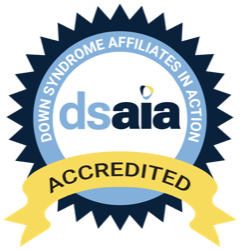NCDSA Medical Outreach
We’re your first call for resources, support, and connection to the North Carolina Down syndrome community. North Carolina Down Syndrome Alliance is here for you AND your patients.
NCDSA supports medical providers in improving healthcare outcomes and quality of life for people with Down syndrome across their entire lifespan by providing accurate and up-to-date information–not just for you, but also for your patients and their families. We make this information available in print and download. Call us at (984) 200-1193 or email our Assistant Director, Christy Cooper, at christy@ncdsalliance.org
General Information
New and Expectant Parents
Every Baby Deserves a Joyful Welcome
Medical providers are a key part of that joyful welcome. NCDSA can assist you in providing accurate, up-to-date, and balanced information about Down syndrome, which families need to make informed decisions about the health and wellbeing of their child. NCDSA supports you in improving healthcare and quality of life outcomes for children with Down syndrome and their families.
- Delivering a Prenatal or Postnatal Diagnosis
- NC First Call Program New and Expectant Parent Program Brochure English and Spanish
NCDSA provides support to new and expectant parents through the North Carolina First Call Program. Resources include Prenatal Information Packet, Welcome Baby Bag, Connection with Trained Parent Mentors, and more. All services are free and confidential.
Across the Lifespan
The life expectancy of a person with Down syndrome has increased significantly over the past several decades. People with Down syndrome are reaching milestones of growing adolescents, maturing adults, and aging seniors – many living into their 60’s. Health related issues regarding a person with Down syndrome change over time. NCDSA is committed to providing healthcare professionals the tools they need to ensure the healthcare outcomes and quality of life of people with Down syndrome is consistently met over the course of their lives.
- DSMIG-USA® is a group of health professionals committed to promoting the optimal health care and wellness of individuals with DS across the lifespan. Members of this DSMIG-USA® are professionals from a variety of disciplines who provide care to individuals with Down syndrome and/or their families.
- DSMIG-USA® Project ECHO is a monthly virtual meeting for health care providers to learn and share information about the care of people with Down syndrome.
Children and Adolescents
- The Centers for Disease Control (CDC) provides growth charts for children with Down syndrome in the United States. These charts can help healthcare providers monitor growth among children with Down syndrome and assess how well a child with Down syndrome is growing when compared to peers with Down syndrome.
- American Academy of Pediatrics Clinical Report Health Supervision for Children and Adolescents with Down Syndrome
- American Academy of Pediatrics Supplemental Information Summary of Down syndrome-specific care
- North Carolina – Psychiatry Access Line (NC-PAL) is a free telephone consultation and education program to help health care providers address the behavioral health needs of pediatric and perinatal patients.
Adults
- JAMA Medical Care of Adults With Down Syndrome A Clinical Guideline
- Global Medical Care Guidelines for Adults with Down Syndrome for clinicians as well as family friendly guides in English and Spanish
- Global Psychosocial Assessment Overview & Common Presentation Checklist
- Global Medical Care Guidelines for Adults with Down Syndrome Checklist
- Global Celiac Disease: Signs and Symptoms Checklist
- Global Guideline Diabetes Toolkit
- The National Task Group on Intellectual Disabilities and Dementia Practices (NTG) addresses the interests of adults with intellectual and developmental disabilities who are affected by Alzheimer’s disease and other causes of dementia. NTG produces materials including practice guidelines, screening tools, education curricular, and training workshops.
Foreign Language Translation
Please contact NCDSA directly for resources in other languages for your patients and their families.
Training options
NCDSA is committed to supporting healthcare professionals, keeping you informed of best practices regarding treatment, current research, cultural competencies, and available resources for your patients. NCDSA provides training in various forms such as grand rounds, discussion panels, lunch and learn, and tailored presentations.
NCDSA is your first call for resources, support, and connection to the North Carolina Down syndrome community. Contact NCDSA at (984) 200-1193 or email our Assistant Director, Christy Cooper, at christy@ncdsalliance.org.















